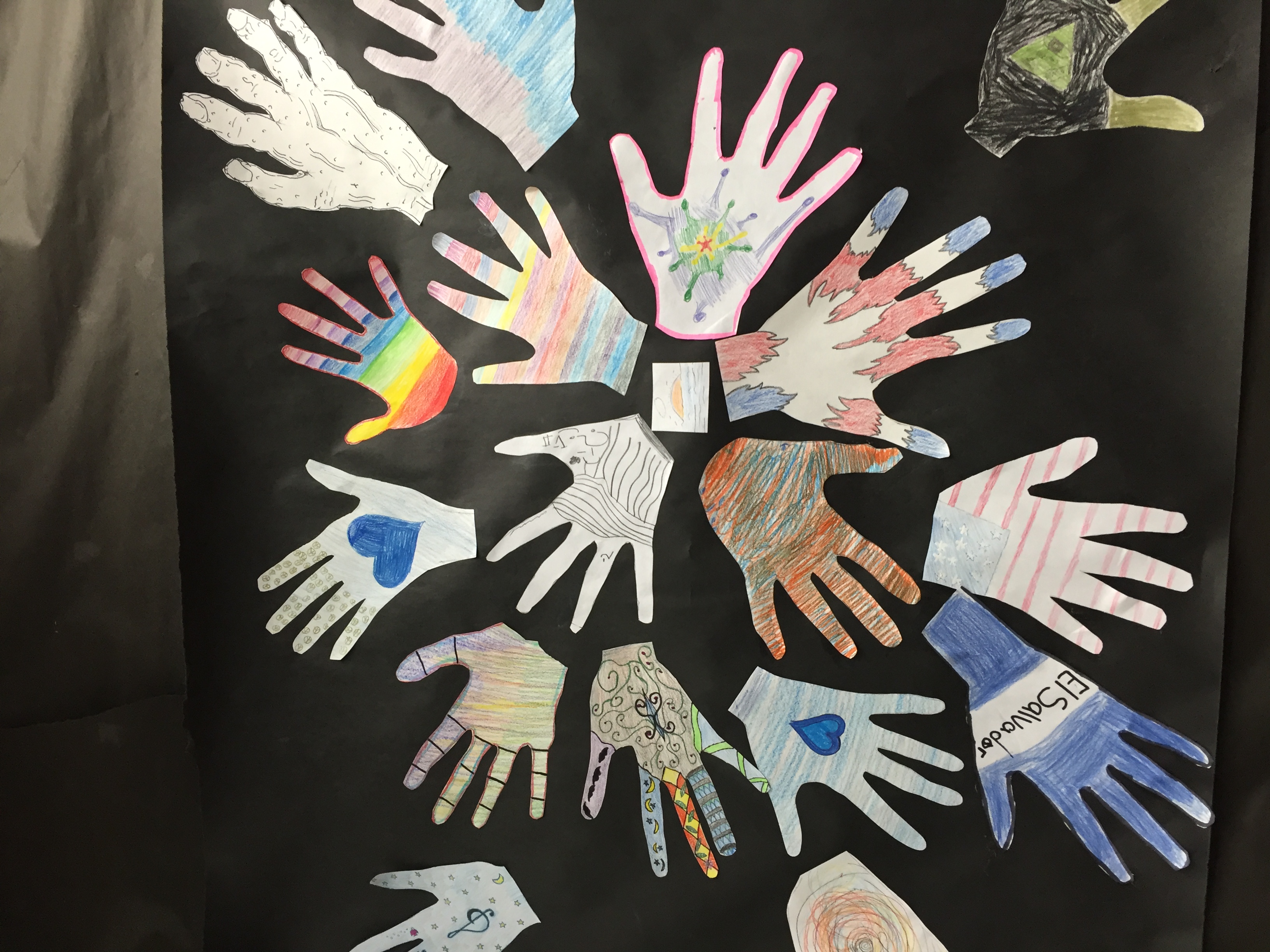Do you partner with your teen in accomplishing the tasks or day-to-day needs of the household? Do you and your teen = a perfect partnership?
Of course, you do.
In many ways, teens are treated as a household partner. For example, when we require them to take out the trash, help with dinner prep or clean–up, take a sibling to practices, and so on. What I just described is a kind of a youth–adult partnership.
Technically, a youth–adult partnership is one in which adults work in full partnership with young people on issues facing them and/or on programs and policies affecting youth. It is a common approach used by coalitions, networks, schools, faith–based entities, and others to address specific issues adolescents face in local communities. This approach works just as well in our homes and can be effective in helping to shape what our kids do outside the home.
 As adults, we can share the power to create strategies and make decisions with our teens. This helps to show them that we respect and have confidence in their judgment, which is something so important to them. Additional research data from formal organizations (e.g. 4-H clubs, local–level school based parent-student (PTA), and Girl/Boy Scouts) has found that youth-adult partnerships help young people resist stress and negative situations.
As adults, we can share the power to create strategies and make decisions with our teens. This helps to show them that we respect and have confidence in their judgment, which is something so important to them. Additional research data from formal organizations (e.g. 4-H clubs, local–level school based parent-student (PTA), and Girl/Boy Scouts) has found that youth-adult partnerships help young people resist stress and negative situations.
Specifically, youth-adult partnerships can help *:
Social competence including responsiveness, flexibility, empathy and caring, communication skills, a sense of humor, and other pro-social behaviors
Autonomy, including a sense of identity as well as an ability to act independently and to exert control over one’s environment
Problem-solving skills, such as the ability to arrive at alternative solutions to cognitive and social problems
Sense of purpose and future, including having healthy expectations, goals, an orientation toward success, motivation to achieve, educational aspirations, hopefulness, hardiness, and a sense of coherence
* Pittman KJ, et al. Youth Development and Resiliency Research. Washington, DC: Center for Youth Development and Policy Research, 1993.
I would be willing to bet that these factors are also present in teens who have youth-adult partnerships at home.
Building effective partnerships with our kids is really quite easy:
Work together to develop rules and consequences about risky behaviors and decisions. Develop agreements about risky behaviors that reflect your and your teen’s beliefs and values. Be specific on how their bad decisions affect the family as a whole, especially an impact on their younger siblings who often look to them as a role model for how to act. One of the most important things about rules and consequences is to use them as a response to your child’s behavior, not as a response to your child in general. All kids (including teens) need to feel your love. By co-creating agreements and demonstrating your love, your child will feel precious and safe – even when you’re using consequences.
Lead by example. Don’t come home from work and say, “I had a rotten day. I need a drink”. Instead, show them and, even better, engage them in healthier ways to cope with stress, such as exercise, listening to music, or talking things over. Likewise, be honest and tell your teens about risky choices you have made (without glamorizing them) and the consequences that occurred as a result.
Role-play with your teen on how to handle alcohol, drugs, distracted driving, and other risky behaviors. This can help your child can learn how to resist alcohol or anything else he or she may feel pressured into. Work on more than just saying “no” – for example, discuss how to say “no” an assertive manner (stand up straight, make eye contact and say how you feel). It’s also important to accept that your teen may need an “out,” so develop a strategy together – for example, have them text you a sign so you know to call them with a reason to come home.
Respect your child’s feelings and opinions. Try to tune into your teen’s feelings. Take their opinions seriously, but be prepared for the fact that their views might differ from yours. You can use this situation as a chance to talk about how people often have different perspectives.
Being a parent is so hard. We want to protect our kids, keep them close and safe, but also give them wings at the same time. Developing family–based, youth-adult partnerships is one way we can do both.
Need help getting started? There are several parent resources and toolkits that can help, start here:
If you have any of your own suggestions on youth-adult partnerships at home, let us know! It truly takes a village!
This guest post was written by LeeAnn Weniger-Mandrillo, the mother of her young son, James, and raised her nephew Andrew, who is now 23. As a social marketing and media leader, she has worked in prevention for over 15 years, with the past seven years focused on educating parents and adolescents about substance abuse, tobacco, and alcohol. LeeAnn is passionate about empowering individuals, healthy families and communities through her work with Stop Medicine Abuse and the Five Moms.
